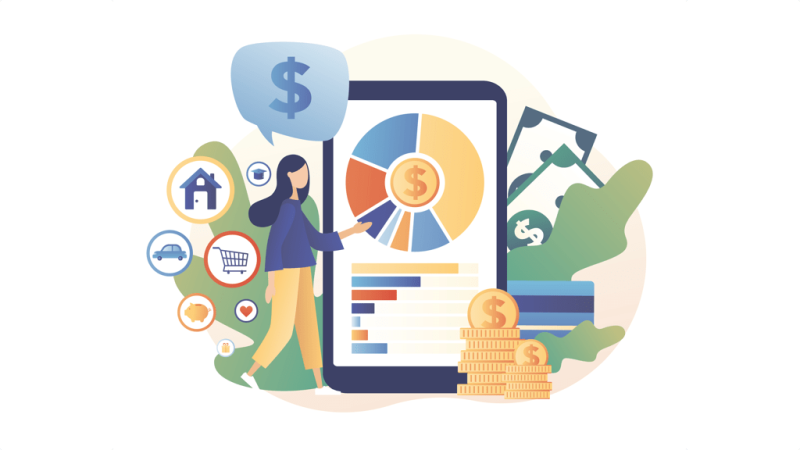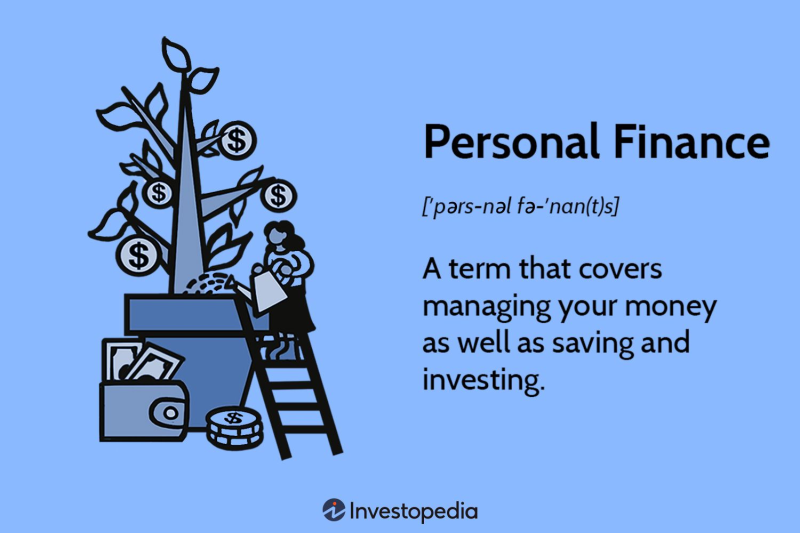
Thank you for sharing many more details regarding personal finance.
These are the 5 points of personal finance, saving, investing, financial protection, tax planning, retirement planning, but in no particular order. 
These are the 4 stages of personal finance, >> Let's take a look at some key financial planning tips for four different life stages: early career, mid-career, pre-retirement, and early retirement.
Early career (the 20s to 30s)
The best time to start saving and investing is when you're young and just starting in your career. At this stage in life, you likely have few financial obligations so you can afford to take on more risk and put more money into volatile investments such as stocks. These investments have the potential to grow over time and provide you with a nest egg later in life. Of course, you should first put some money into savings so that you have an emergency fund to fall back on if needed.
Mid-career (the 30s to 40s)
By the time you reach your 30s or 40s, you ideally have a well-established career and are earning more. This life stage is the perfect time to start planning for your financial goals. In addition to retirement, you may also want to set aside money for other life goals such as buying a house or sending your kids to college.
Pre-retirement (the 40s to 50s)
As you approach retirement age, it's important to shift your focus from growth to preservation. At this financial milestone, you ideally have most of your major financial goals already squared away. As such, you'll want to start selling off volatile investments and redeploying the proceeds into less risky options such as bonds and cash equivalents. This will help protect the wealth you've accumulated over the years and provide a cushion against any unexpected bumps in the road.
Early retirement (50s+)
If you're lucky enough to retire early, you may think that you can just enjoy your life without having to worry about money. However, even if you have a nice nest egg saved up, it's still important to be mindful of your finances and make sure that your money lasts as long as you need it.
One of the main things to keep in mind is to keep some money invested even after you retire. This way, your portfolio won't run out during retirement; a good rule of thumb is to keep enough invested such that you're withdrawing no more than 4% per year. In addition, it's important to stay diversified across different asset classes so that you're not too exposed to any single type of risk. For example, you might want to have a mix of stocks, bonds, and cash.
Late retirement (60s+)
For those who retire later in life, there are two primary concerns: making sure that your nest egg lasts, and protecting against inflation. To achieve both, consider investing a portion of your portfolio in government securities that offer guaranteed interest earned for the duration of your investment. Additionally, Treasury Inflation-Protected Securities (TIPS) can help defend against rising prices by providing inflation-indexed returns on investment.
Government securities also offer competitive interest rates and are fully backed by the government.















comment:
p_commentcount